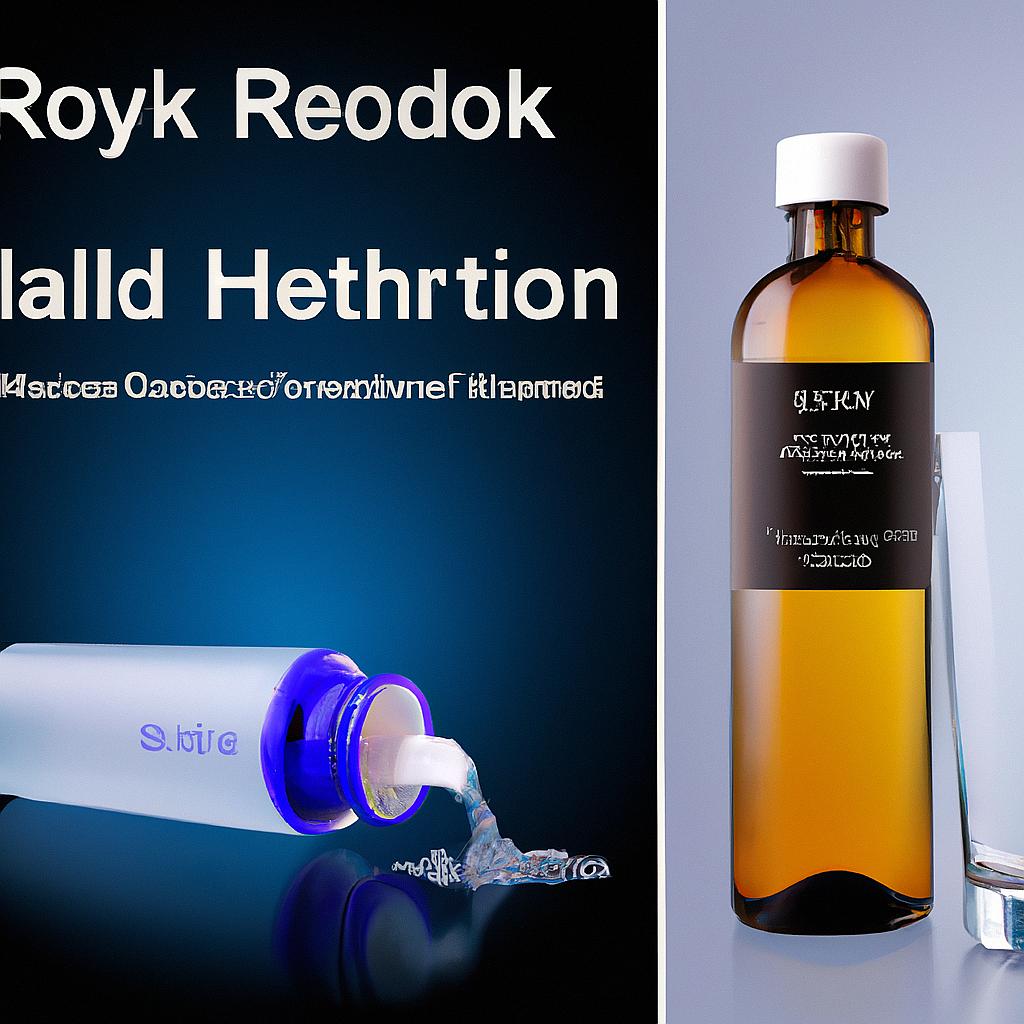**”Hydration and Recovery: The Critical Role of Hydration Strategies in Enhancing Muscle Repair and Reducing Post-Workout Fatigue”**
# Hydration and Recovery: The Critical Role of Hydration Strategies in Enhancing Muscle Repair and Reducing Post-Workout Fatigue
When it comes to fitness, most people understand the importance of nutrition and exercise. However, hydration often takes a backseat, despite being a fundamental pillar of recovery. Adequate hydration is not just about quenching your thirst; it plays a critical role in muscle repair, reducing post-workout fatigue, and optimizing performance. In this blog post, we will explore the significance of hydration strategies in enhancing recovery, offer nutrition tips, provide exercise advice, and highlight the health benefits of staying hydrated.
## The Science Behind Hydration and Recovery
### Why Hydration Matters
Water is essential for nearly every bodily function. It regulates body temperature, transports nutrients, and facilitates biochemical reactions that are vital for muscle recovery. When you exercise, your body loses water through sweat and breathing, which can lead to dehydration if not replenished. Dehydration can impede recovery, increase fatigue, and hinder performance in subsequent workouts.
### Effects of Dehydration on Muscle Repair
Muscle repair occurs in a series of steps, including inflammation, regeneration, and remodeling. Dehydration can slow down these processes. Studies have shown that even mild dehydration can impair muscle protein synthesis, which is essential for muscle growth and recovery. Staying hydrated ensures that your body can effectively transport nutrients to muscle tissues, allowing for optimal repair and growth.
## Nutrition Tips for Optimal Hydration
### 1. Start Your Day with Water
Kickstart your hydration by drinking a glass of water first thing in the morning. This helps replenish fluids lost overnight and sets a positive tone for the rest of the day.
### 2. Monitor Your Fluid Intake
Aim to drink at least half your body weight in ounces of water daily. For example, if you weigh 150 pounds, strive for 75 ounces of water. Adjust this according to your activity level, climate, and personal needs.
### 3. Incorporate Hydrating Foods
Fruits and vegetables are excellent sources of water. Foods like watermelon, cucumber, oranges, and spinach can contribute to your daily fluid intake while providing essential vitamins and minerals for recovery.
### 4. Use Electrolytes Wisely
During intense workouts, you lose not only water but also electrolytes like sodium, potassium, and magnesium. Consider using electrolyte drinks or supplements, especially for prolonged exercise sessions. However, be cautious of added sugars in these beverages.
## Exercise Advice for Enhanced Hydration
### 1. Hydrate Before, During, and After Workouts
To maintain optimal hydration levels, it’s essential to drink water before, during, and after your workout. A good rule of thumb is to drink around 500 mL (17 ounces) of water two hours before exercising, and then sip on water or an electrolyte drink throughout your workout.
### 2. Listen to Your Body
Thirst is a clear indicator of your body’s hydration needs, but it’s essential to be proactive about hydration. If you’re thirsty, it’s a sign that you may already be mildly dehydrated. Drink regularly, even if you don’t feel thirsty.
### 3. Adjust for Climate and Intensity
Hot and humid conditions can increase fluid loss, so you may need to drink more than usual during these times. Similarly, the intensity and duration of your workout can dictate your hydration needs. For high-intensity or long-duration sessions, consider adding electrolytes to your hydration strategy.
## Health Benefits of Staying Hydrated
### Enhanced Performance
Proper hydration can significantly enhance athletic performance. It helps maintain endurance, strength, and overall exercise capacity. Athletes who stay hydrated tend to perform better, making hydration a critical factor in training and competition.
### Improved Recovery Time
Staying hydrated can reduce recovery time post-exercise. By ensuring your muscles receive the nutrients they need quickly, hydration can help mitigate soreness and stiffness, allowing you to get back to training sooner.
### Better Mood and Cognitive Function
Dehydration doesn’t just affect physical performance; it can also impact mental clarity and mood. Staying well-hydrated improves cognitive function and focus, which are crucial in both athletic endeavors and daily life.
## Conclusion
Hydration is a key player in muscle repair and recovery, yet it is often overlooked in fitness regimens. By understanding the importance of hydration and implementing effective hydration strategies, you can enhance your muscle recovery, reduce post-workout fatigue, and improve athletic performance. Remember to start your day with water, monitor your fluid intake, and listen to your body’s signals. With a well-rounded hydration strategy, you’ll find yourself feeling better during workouts and recovering more effectively afterward. So grab that water bottle and make hydration a top priority on your fitness journey!















Post Comment